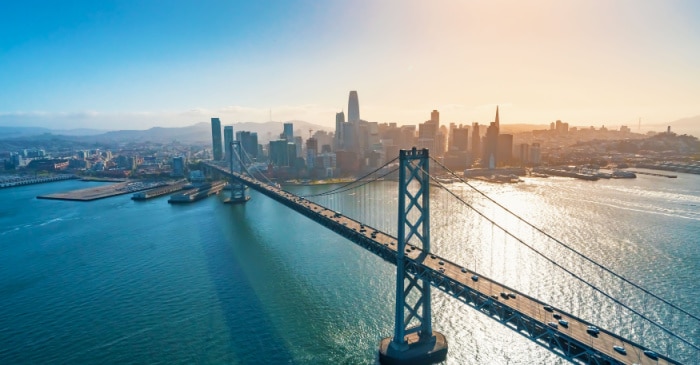
China’s Belt and Road Initiative Marks Its Ten-Year Milestone

Genome Sequencing and Personalised Medicine
Preview of APEC Economic Leader’s Week
November 2023

The annual APEC Economic Leaders’ Week will kick off in San Francisco later this month, bringing together world leaders, ministers and senior officials from the 21 Member Economies of APEC – representing between them some 40 per cent of the world’s population, and nearly 50 per cent of global trade.
While the long-awaited meeting expected between U.S. President Joe Biden and Chinese President Xi Jinping may set the tone for media coverage of the event, this forum and its international policy setting agenda is also an opportunity for companies to inform the public debate and help shape the future of policy environment in the Asia-Pacific. This role is played by the APEC Business Advisory Council – commonly known as ABAC.
Created in 1995 and headquartered in Manila, ABAC was designed to bring the business perspective to the negotiating table. With up to three delegates for each Member Economy, ABAC is comprised of a diverse range of business leaders, representing chambers of commerce, sovereign wealth funds, private financial institutions, and the entire gamut of industry across the region – from state-owned behemoths and ubiquitous multinationals, to small and medium-sized private enterprises.
As the only non-governmental body with an official function at the APEC Leaders’ Summit, ABAC works in conjunction with economic policymakers, offering policy recommendations and amplifying the voices of enterprise. In keeping with APEC’s broader theme for 2023 – “Creating a Resilient and Sustainable Future for All” – ABAC has focused on recent pressures on the global economy, while also considering innovative strategies for the future.
This year, ABAC’s report centres around the theme of “equity, sustainability and opportunity,” placing a significant focus on accelerating progress towards the planned Free Trade Area of the Asia-Pacific (FTAAP), which ABAC describes as its pre-eminent economic priority. These have been developed by five working groups along with a year-long meetings programme bringing together these leaders of industry.
The report is broken down into economic integration, digitalisation and innovation, and sustainable growth. The overall message is one of maximising economic opportunity while ensuring sustainability, with recommendations on everything from streamlining trade regulations and safeguarding multilateral institutions, to encouraging responsible artificial intelligence and responding to climate change. These issues will be explored at the APEC CEO Summit taking place from 14 to 16 November in San Francisco.
As we enter the final months of 2023, the world continues to face unprecedented challenges, in which volatile geopolitical and security currents will inevitably morph into far-reaching economic repercussions – affecting trade, development, business and everyday livelihoods. During these times, it is more important than ever that international policies and initiatives are guided by the insights and recommendations of business leaders.
We look forward to helping our client make sense of the upcoming meeting in San Francisco by cutting through the noise around world leaders’ interaction to reveal meaningful policy developments that can drive economic prosperity globally.




